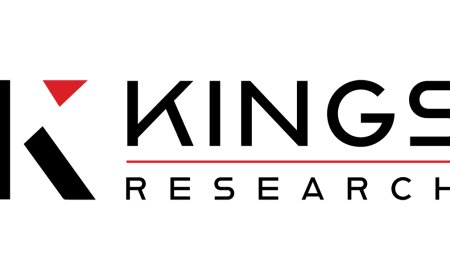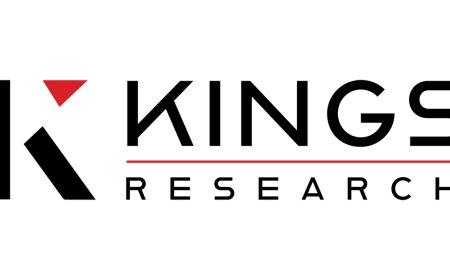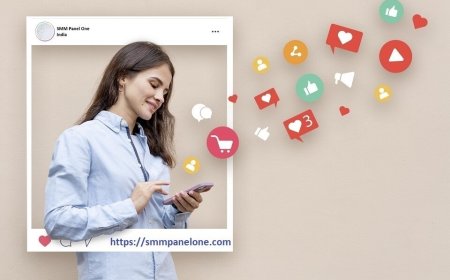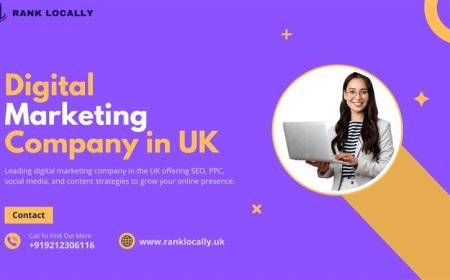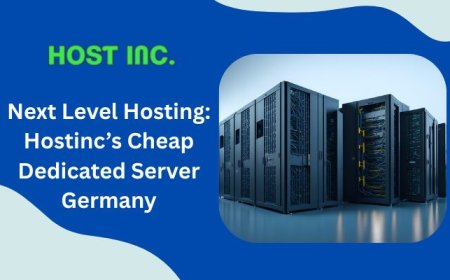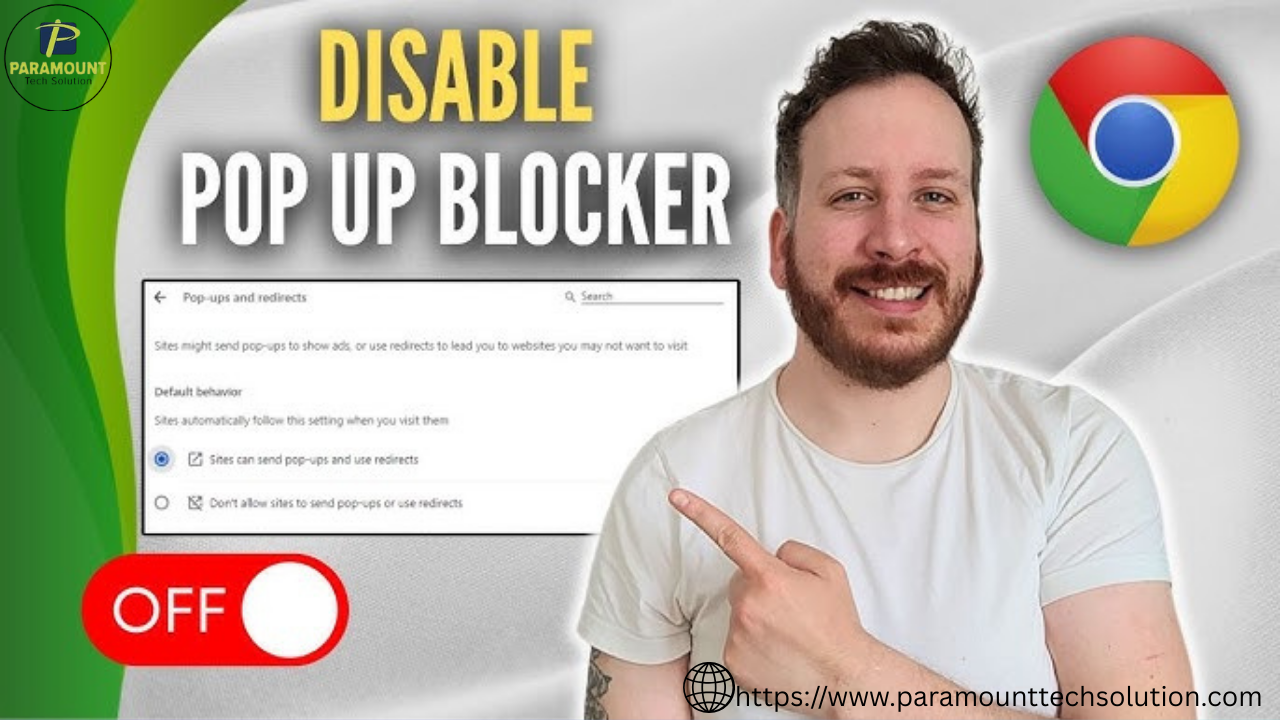How to Use Customer Data Platforms for Personalized Marketing
Discover how to use Customer Data Platforms (CDPs) to personalize marketing strategies effectively. Learn the role of SEO, web development, digital marketing, and ORM with Rank Locally UK.

In today's digital landscape, the demand for hyper-personalized customer experiences has skyrocketed. Businesses now need more than generic marketing messagesthey require precision, relevance, and insight-driven campaigns. Enter Customer Data Platforms (CDPs): the powerhouse behind personalized marketing.
CDPs centralize customer data from multiple sources into a unified profile, enabling businesses to create targeted campaigns that resonate on a personal level. From enhancing customer engagement to boosting conversions, CDPs are shaping the future of marketing. This blog dives deep into how you can effectively use CDPs for personalized marketingplus how partners like Rank Locally UK can elevate your efforts with cutting-edge SEO, web development, digital marketing, and ORM solutions.
Understanding Customer Data Platforms (CDPs)
A Customer Data Platform is a software that aggregates and organizes customer data from various touchpointsemail, websites, CRM, social media, etc.into a single, coherent view of each customer.
Core Features:
-
Data unification across channels
-
Real-time segmentation
-
Behavioral analytics
-
Personalized marketing automation
-
Cross-device tracking
Unlike traditional data warehouses or CRM tools, CDPs are specifically designed for marketing teams, providing easy access to structured, actionable insights.
Why Personalized Marketing Matters
Personalized marketing isn't just a trendit's an expectation. According to recent studies:
-
80% of customers are more likely to purchase from brands offering personalized experiences.
-
Personalized emails generate 6x higher transaction rates.
When brands understand their customers, they can deliver relevant messages at the right time, through the right channel.
How CDPs Power Personalized Marketing
1. Data Collection and Integration
CDPs collect data from multiple sources, including:
-
Website visits
-
Mobile app behavior
-
CRM platforms
-
Social media interactions
-
Email campaigns
This data is consolidated into a 360-degree customer profile that updates in real-time.
Partner with a Website Development Company to ensure your site architecture supports seamless data capture.
2. Audience Segmentation
With enriched profiles, marketers can create highly detailed segments based on:
-
Browsing behavior
-
Purchase history
-
Demographics
-
Engagement level
This allows targeted messaging that feels custom-tailored to each audience group.
3. Dynamic Content Delivery
CDPs integrate with marketing platforms (email, SMS, web content) to deliver dynamic messages, such as:
-
Personalized product recommendations
-
Tailored promotions
-
Location-specific offers
Working with a digital marketing agency ensures the creative and strategic execution of these messages.
4. Real-Time Campaign Optimization
CDPs provide real-time analytics on campaign performance, letting marketers:
-
Adjust content on the fly
-
Reallocate budgets toward high-performing segments
-
Trigger automatic responses to specific user actions
5. Omnichannel Consistency
Customers expect a seamless journey across channels. CDPs enable unified communication whether a customer is browsing your mobile app, website, or social media page.
Having a web design company create responsive, fast-loading pages can improve personalization consistency across devices.
Steps to Implement CDPs for Personalized Marketing
Step 1: Define Your Personalization Goals
Do you want to increase repeat purchases? Improve email engagement? Define your KPIs.
Step 2: Audit Your Data Infrastructure
Assess whether your current data sources (CRM, POS, CMS) are integrated and compatible with CDPs.
Step 3: Choose the Right CDP
Look for features like:
-
Prebuilt integrations
-
Real-time data processing
-
AI-driven segmentation
Step 4: Integrate with Existing Tools
Sync your CDP with:
-
Email marketing tools
-
CMS platforms
-
Ad platforms
-
Analytics tools
Step 5: Launch Pilot Campaigns
Start with small-scale personalized campaigns and analyze performance metrics before scaling up.
Step 6: Continuously Optimize
Use real-time insights to A/B test subject lines, content layouts, offers, and CTAs.
Benefits of Personalized Marketing with CDPs
-
Higher Engagement Rates
-
Improved ROI on Campaigns
-
Better Customer Retention
-
Enhanced Brand Loyalty
-
More Efficient Marketing Spend
The Role of SEO in Personalization
Search engine optimization plays a vital role in driving the right traffic to personalized landing pages.
Working with a reliable SEO Agency like Rank Locally UK helps you create:
-
Optimized content for specific user segments
-
Localized SEO strategies
-
Enhanced visibility in niche searches
Whether you're a local business or a large enterprise, hiring the Best Seo Expert will ensure you maximize discoverability and conversions.
Tip: Combine local seo services with CDPs to serve location-specific messages that convert.
Seamless Personalization with Website Development
Your website is often the first touchpoint in a personalized journey. Partnering with a Best Website Designing Company helps:
-
Implement dynamic content areas
-
Ensure fast load speeds for personalized product pages
-
Integrate APIs for real-time personalization
If you're in eCommerce, choose Ecommerce Website Development services to ensure your CDP-powered recommendations shine on product and checkout pages.
Amplifying Results with Digital Marketing
CDPs give insights, but execution happens through campaigns. The best digital marketing agency will help you:
-
Segment ads based on behavior
-
Deliver personalized email workflows
-
Use retargeting strategies tied to CDP data
Personalized marketing isn't just about what you sayits about when and where you say it.
Reputation and Trust: Integrating ORM
Personalization must be supported by trust. If your brand's reputation suffers, your efforts may backfire. Work with an online reputation management agency to:
-
Maintain consistent brand messaging
-
Monitor and respond to negative reviews
-
Ensure your personalization aligns with public sentiment
A reputation management company will ensure your brand image remains strong and credibleespecially when delivering tailored messages.
Use Case: Local SEO + CDP
Imagine a salon using a CDP to track customer bookings, services viewed, and location data. By integrating CDP data with local seo for small business, they can:
-
Create localized landing pages with dynamic offers
-
Send rebooking reminders with tailored discounts
-
Improve Google My Business visibility through behavior-informed content
For a business like this, working with a local seo company ensures full-circle personalization and discoverability.
Why Partner with Rank Locally UK?
Rank Locally UK brings together all the digital tools you need to succeed with personalized marketing powered by CDPs. They offer:
-
Full-spectrum SEO Services, from local to national
-
Comprehensive Web Development Services tailored to CDP integration
-
Strategic Digital Marketing Services with a focus on personalization
-
Reputable ORM Services for brand trust and consistency
From startups to established enterprises, Rank Locally UK is your all-in-one digital partner.
15 FAQs: How to Use Customer Data Platforms for Personalized Marketing
1. What is a Customer Data Platform (CDP)?
A CDP is a software that unifies customer data from multiple sources to create a single customer view for personalized marketing.
2. How do CDPs help in marketing?
CDPs enable segmentation, real-time campaign adjustments, and personalized content delivery across channels.
3. Can CDPs integrate with my existing CRM?
Yes, most modern CDPs offer prebuilt integrations with CRMs, CMSs, and other marketing tools.
4. Whats the difference between a CDP and a DMP?
CDPs store first-party, individual-level data, while DMPs primarily manage third-party, anonymized data for advertising.
5. How does personalization improve marketing performance?
It boosts engagement, click-through rates, and conversions by delivering relevant content to each user.
6. What industries benefit most from CDPs?
Retail, eCommerce, finance, healthcare, and hospitality are prime sectors for CDP use.
7. Is CDP implementation complex?
It depends on your infrastructure, but with the right Web Development Agency, integration is seamless.
8. How do I choose the best CDP?
Look for scalability, ease of integration, real-time analytics, and AI-driven features.
9. How does a CDP affect my SEO strategy?
CDPs provide insight into user behavior, enabling SEO personalization and better targeting.
10. Can CDPs personalize content on websites?
Yes, they can deliver dynamic content based on user behavior and preferences.
11. How does CDP support email marketing?
They provide personalized triggers and workflows based on user engagement.
12. Are CDPs GDPR-compliant?
Most leading CDPs are designed with data privacy regulations like GDPR and CCPA in mind.
13. Do I need a developer to manage a CDP?
Basic use can be managed by marketers, but integration and customization may require a custom web design services partner.
14. Can small businesses benefit from CDPs?
Absolutely. Paired with affordable local seo services, CDPs can greatly enhance SMB marketing.
15. Who can help implement a CDP strategy?
A full-service provider like Rank Locally UK can manage CDP strategy, integration, SEO, web development, and digital marketing.







